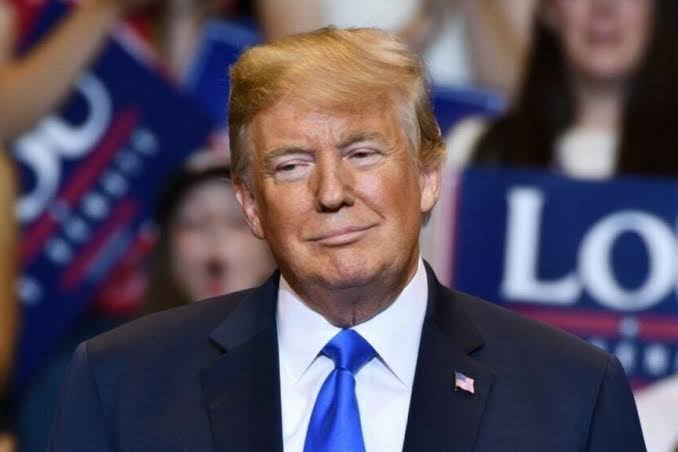
Donald Trump has once again pledged his support for Ross Ulbricht, the imprisoned creator of the notorious Silk Road marketplace, as Ulbricht enters his 12th year behind bars. Ulbricht, who is serving two life sentences for running the dark web platform, remains a polarizing figure, particularly in libertarian and cryptocurrency circles. Trump’s latest comments have reignited debates surrounding Ulbricht’s fate and the role of government in regulating emerging technologies.
Trump’s Commitment to Free Ulbricht If Elected
On Truth Social, Trump responded to a recent post from Ulbricht, who shared that he is now beginning his 12th year in prison. Trump wrote emphatically, “I WILL SAVE ROSS ULBRICHT!” Ulbricht’s message reflected on his time in prison, stating, “Here it is. The start of my 12th year in prison today. I intend to make the most of it and use my time wisely.”
Ulbricht, now 39, was arrested in 2013 and convicted in 2015 on charges related to drug trafficking, money laundering, and hacking. He created Silk Road, a dark web marketplace that allowed anonymous transactions using Bitcoin to purchase illegal goods, including drugs. The platform was eventually shut down, and authorities seized over $1 billion in Bitcoin. Ulbricht was sentenced to two life terms plus 40 years without parole.
This is not Trump’s first show of support for Ulbricht. At the Libertarian National Convention in May 2024, Trump vowed to commute Ulbricht’s sentence “on day one” if re-elected, drawing loud cheers from attendees holding “Free Ross” signs. Ulbricht responded on X (formerly Twitter), expressing deep gratitude: “Thank you. Thank you. Thank you… After 11 years in prison, it is hard to express how I feel at this moment.”
A Divisive Case: Libertarians and Crypto Enthusiasts vs. Critics
The case of Ross Ulbricht remains a contentious issue within the tech and crypto community. Silk Road, which processed over $1 billion in illegal sales before it was shut down, demonstrated both the potential of Bitcoin and the dangers of using it for criminal activities. To many libertarians and cryptocurrency advocates, Ulbricht’s harsh sentence represents an unjust crackdown on decentralized technologies and privacy rights. His supporters argue that while Silk Road was used for illegal purposes, a life sentence without parole is disproportionate, especially compared to punishments for other non-violent crimes.
On the other hand, critics highlight the significant harm Silk Road facilitated, from drug sales to other illegal activity, leading to real-world consequences such as overdoses. They argue that Ulbricht’s sentence reflects the serious impact of the platform on society.
Trump’s Pro-Crypto Stance
Trump’s renewed support for Ulbricht ties into his broader pro-crypto stance, as he positions himself as an ally to those advocating for financial privacy and minimal government interference in cryptocurrency. During his speech at the Libertarian convention, Trump emphasized his opposition to government regulation of digital currencies, particularly taking aim at Senator Elizabeth Warren, a strong critic of cryptocurrency. “I will keep Elizabeth Warren and her goons away from your Bitcoin,” Trump proclaimed, drawing applause from the crowd.
By advocating for Ulbricht’s release, Trump strengthens his appeal to a segment of the crypto community that values financial independence and limited government regulation. Ulbricht’s case has become emblematic of broader debates over the role of decentralized technologies and the government’s response to their rise.
The Future of Ulbricht’s Case
As Trump continues to advocate for Ross Ulbricht, the case remains a focal point of debate. Will Trump’s promises come to fruition if he returns to the White House? What would Ulbricht’s release signify for the future of cryptocurrency and online privacy?
Ulbricht’s situation has grown beyond the Silk Road case, symbolizing deeper issues surrounding justice, innovation, and government intervention in the digital age. Whether Trump’s pledge will lead to tangible changes or remain a campaign promise is uncertain, but it has undoubtedly sparked renewed interest in Ulbricht’s fate and the broader implications for decentralized platforms.






